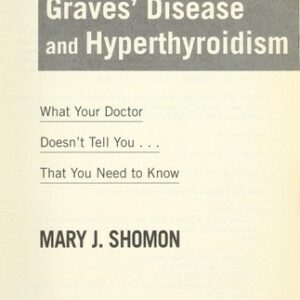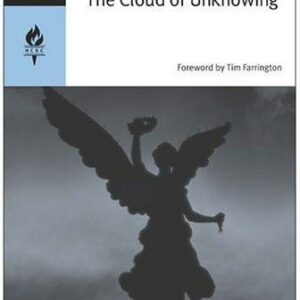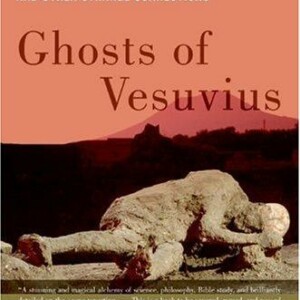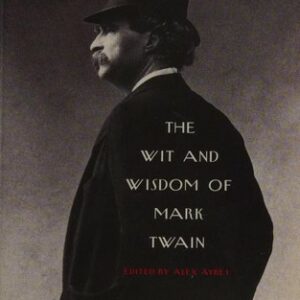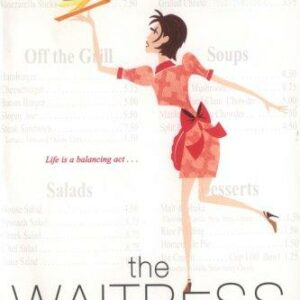This Night’s Foul Work
$17.00
| Title | Range | Discount |
|---|---|---|
| Trade Discount | 5 + | 25% |
- Description
- Additional information
Description
“Wry humor and offbeat plots blend with a subtly dangerous charm to make Fred Vargas the queen of French crime writers.” —Martin Walker, author of the Bruno, Chief of Police Series
“A wildly imaginative series.”—The New York Times
Awarded the International Dagger by the Crime Writers’ Association four times, Fred Vargas has earned a reputation in Europe as a mystery author of the first order. In This Night’s Foul Work, the intuitive Commissaire Adamsberg teams up with Dr. Ariane, a pathologist with whom he crossed paths twenty years ago, to unravel a beguiling mystery that begins with the discovery of two bodies in Paris’s Porte de la Chapelle. Adamsberg believes it may be the work of a killer with split personalities, who is choosing his or her victims very carefully. As other murders begin to surface, Adamsberg must move quickly in order to stop the “Angel of Death” from killing again.“Adamsberg is a terrific creation and his team of misfits a joy to watch in action.”
—Peter Robinson, New York Times bestselling author of the Inspector Banks series
“Vargas writes with the startling imagery and absurdist wit of a latter-day Anouilh, about fey characters who live in a wonderful bohemian world that never was but should have been.”
—The New York Times Book Review
“Real vintage Vargas: playful, thought-provoking, a total delight. And beautifully translated. Adamsberg is one of my favourite detectives.”
—Ann Cleeves, author of the Shetland Island Mysteries
“Fred Vargas’ books are murder mysteries, yes — cunning, corkscrew murder mysteries — but so much else besides: delicate comedies, engrossing tours of French geography and history, fascinating excursions into folklore and myth.”
—A. J. Finn, #1 New York Times bestselling author
“It’s a full, rich and strange plate.”
—Seattle Times
“[A] high degree of intelligence, sophistication and perversity informs [Vargas’] fiction…I continue to be delighted by the workings of [her] imagination. It’s a tangled web she weaves, and a hard one to escape.”
—The Washington Post Fred Vargas is a French medieval historian and archaeologist who has a parallel career as a bestselling crime novelist. She adopted the pseudonym from her twin sister, an artist who works as Jo Vargas—after Ava Gardner’s character in The Barefoot Contessa. She has published ten mysteries, five of which feature Commissaire Adamsberg. Her detective fiction is published in 32 languages.
INTRODUCTION
“O Earth, when I query, why disdain to reply?
And of this night’s foul work all knowledge now deny?
Has the key been withheld, or are my ears too weak
To hear of thy suff’ring, a sin too great to speak?”
—This Night’s Foul Work (p. 112)
Commissaire Jean-Baptiste Adamsberg is headed toward one of his toughest cases at the moment he is most in need of respite. He has only recently returned from a particularly dangerous assignment in Canada* and—on top of that—is still unsettled by the recent death of his father and his estrangement from Camille, the mother of his infant son. But Adamsberg is second-in-command of Paris’s Serious Crimes Squad. Peace is a luxury he can seldom afford, especially when a double murder and a shade from his own past threaten to turn his eccentric but devoted squad upside down.
The case should be open and shut: two small-time crooks are found with their throats slashed—and needle marks in their arms—in the seedy Porte de la Chapelle neighborhood. The narcotics division is eager to claim both victims but Adamsberg is certain the crimes are not drug-related. Fortunately, eminent pathologist Dr. Ariane Lagarde shares Adamsberg’s opinion. A renowned expert in criminal psychology as well as a former colleague, she determines that the killer is a woman and the needle marks a red herring, buying Adamsberg twenty-four hours to bring in solid evidence and back up his suspicions.
However, a prior commitment interferes with the case and so—as his squad pursues leads—Adamsberg drives 136 kilometers to babysit his son, Thomas, while Camille performs with a touring orchestra in the small Norman village of Haroncourt. During a brief stop in a local bar, Adamsberg becomes embroiled in a discussion surrounding the mysterious killing and evisceration of a locally renowned stag. He dismisses the incident but, upon his return to Paris, newly unearthed evidence sends him back to Haroncourt when the villagers there inform him of another deer killing.
The already tricky investigation is further complicated by the recent escape of a deranged female serial killer with a grudge against Adamsberg, and by the disconcerting presence of Lieutenant Louis Veyrenc de Bilhc, the unit’s new recruit. Diffident yet charismatic and handsome with distinctive brown hair streaked with red, Veyrenc has very personal motives for transferring to Serious Crimes—and Adamsberg is at the heart of them. Veyrenc speaks largely in verse but it is his silent reproach that heightens tensions as the team leaps to defend their commissaire in a feud whose history they know nothing about.
Literally chasing after shadows, Adamsberg connects the double murder to first one “accidental” death and then an ever-growing web of enigmatic crimes and corpses. But just as he begins to comprehend the killer’s bizarre and sinister motives, Adamsberg finds one of his own staff has gone missing and that he himself may be targeted for death.
The second of Fred Vargas’s internationally acclaimed novels to be published in the United States by Penguin, This Night’s Foul Work is an elegant tale whose horrors deepen with every page, while Commissaire Adamsberg is a delightfully idiosyncratic detective who is quickly winning over fans of intelligent and compulsively readable literary mysteries.
*Read Wash This Blood Clean from My Hands for details
ABOUT ABOUT FRED VARGAS
Fred Vargas is the pseudonym of French historian, archaeologist, and writer Frédérique Audoin-Rouzeau. She worked at the French National Scientific Research Centre and later at the Institut Pasteur specializing in epidemiology of the Black Death and bubonic plague. She has written eleven novels, five of which have been translated into English.
DISCUSSION QUESTIONS
US
Additional information
| Weight | 12.4 oz |
|---|---|
| Dimensions | 0.9000 × 5.3000 × 8.0000 in |
| Imprint | |
| Format | |
| ISBN-13 | |
| Author | |
| Audience | |
| BISAC | |
| Subjects | books fiction, suspense thriller books, crime books, police procedural mysteries, detective novels, mystery thriller suspense, murder mystery books, fiction books, mysteries and thrillers, suspense books, books mystery, mystery and thrillers, mystery and thriller, crime novels, police procedural books, crime thriller books, the chalk circle man, fred vargas, crime fiction, crime, thriller, fiction, FIC031010, suspense, mystery, novels, noir, police, thrillers, mysteries, FIC062000, mystery and suspense, mystery books, mystery novels, thriller books |


